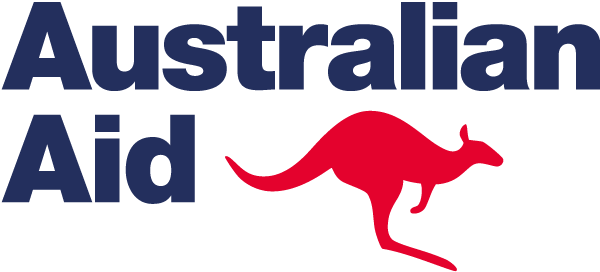About
Workers in Bangladesh continue to face multiple barriers that hinder their ability to exercise their fundamental rights. Repressive laws, obstacles to union formation, and brutal repression of strikes make Bangladesh one of the worst countries in the world for working people. They have one of the lowest wages and extremely high instances of occupational injury and death. These issues were starkly highlighted by the Rana Plaza collapse in 2013, which killed 1,132 workers and injured 2,500, and the Tazreen Fashion factory fire that killed 112 workers.
This project aims to strengthen the individual and collective power of workers in the readymade garment industry to advance the decent work agenda and ratification of ILO Convention 190. It also aims to improve workplaces and ensure decent work for all, and upskill people with disabilities (including those injured in the Rana Plaza Collapse and Tazreen Fashion Fires) and connect them to income-generating opportunities.
Impact
The “Decent Work for Garment Workers in Bangladesh” project, which commenced in July 2021, is a three-year initiative. The project has made significant strides by focusing on capacity building, skill development, and advocacy for garment workers’ rights. By offering advanced leadership training for women workers and skill development opportunities for people with disabilities, including those affected by the Rana Plaza and Tazreen tragedies, the project has empowered marginalised workers. Research on workplace health and safety and campaigns for the ratification of ILO Convention 190, have driven awareness and policy advocacy. Additionally, engagements with business owners and mid-level management have reinforced the importance of workers’ rights in garment factories.
In 2021, ActionAid Australia, in collaboration with ActionAid country offices in Bangladesh and Cambodia, released a research report titled “Casualties of Fashion: How garment workers in Bangladesh and Cambodia are wearing the cost of COVID-19.” The report highlights the devastating impact of the pandemic on garment workers in both countries.
ActionAid’s efforts in this area resulted in two major Australian brands, Mosaic Brands and the ICONIC, supporting safer factories for garment workers in Bangladesh by signing the International Accord for Health and Safety in the Textile and Garment Industry.
Attribution
This program is supported by the Australian NGO Cooperation Program (ANCP).
